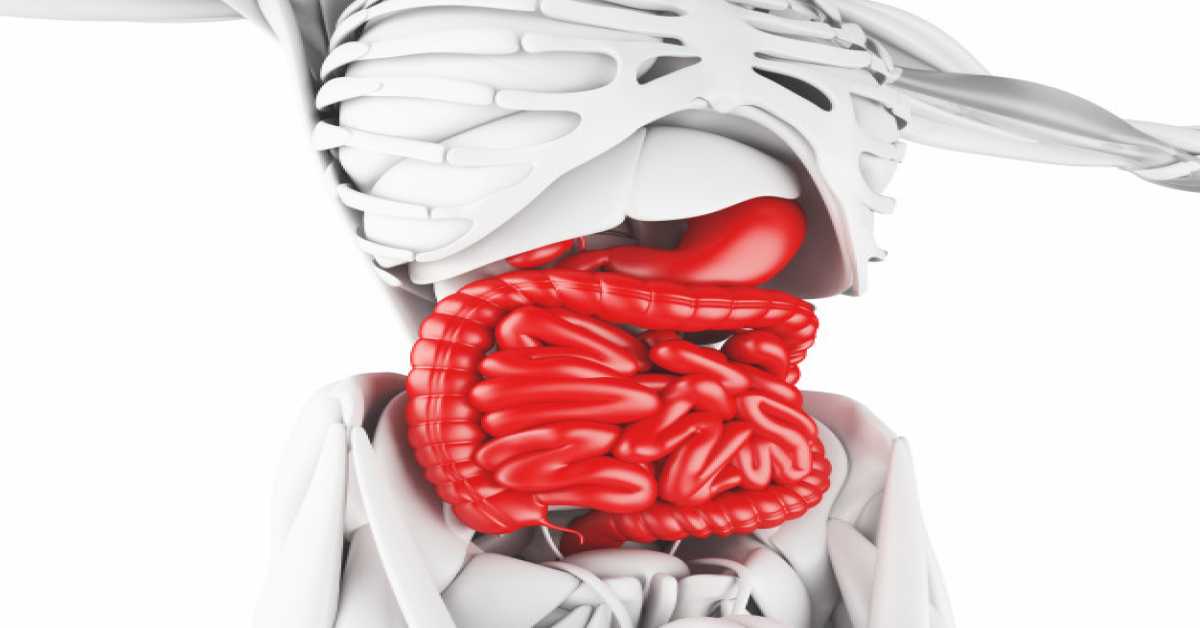Colon cancer occurs when abnormal cells grow and eventually spread through the colon wall to involve the adjacent lymph nodes and organs (metastasized)
Colon cancer occurs when abnormal cells grow and eventually spread through the colon wall to involve the adjacent lymph nodes and organs (metastasized).
Irritable bowel syndrome (IBS) is a chronic gastrointestinal disorder.
Colon cancer may have no symptoms until the disease progresses and becomes severe. When signs symptoms do occur, they may include bleeding from the rectum or bloody stools, or changes in bowel movement frequency. As the tumer grows, it can block the colon. Other symptoms of colon cancer may including:
Bloating
Abdominal pain
Nausea or vomiting
Weight loss
Changes in frequency or character of bowel movements
Constipation
Rectal pain
Symptoms of IBS can vary, but usually include abdominal discomfort or pain. Other symptoms may include:
Abdominal cramping or pain that is relieved with bowel movements
Alternating periods of diarrhea and constipation
Changes in stool frequency or consistency
Gas
Bloating
Loss of appetite.
Bloody stools and vomiting, are NOT signs of irritable bowel syndrome.
Causes and risk factors for colon cancer include polyps, genetic abnormalities, ulcerative colitis (UC) or Crohn's disease (types of inflammatory bowel diseases), certain other cancers (breast, uterine, and ovarian), family history of colon cancer, obesity, smoking, and possibly diet.
The cause of IBS is unknown, but it is thought to result from a combination of abnormal gastrointestinal (GI, digestive) tract movements, increased awareness of bodily functions, and miscommunication between the brain and the GI tract.
Risk factors for IBS include abnormal movements of the colon and small intestine, hypersensitivity to gas pain, viral or bacterial infection of the stomach and intestines, small intestinal bacterial overgrowth (SIBO), or off-balance reproductive hormones or neurotransmitters.
Call a doctor if you notice the following possible symptoms that may indicate colon cancer:
Bright red blood when you have a bowel movement
Change in the character or frequency of bowel movements
A sensation of incomplete evacuation after a bowel movement
Unexplained or persistent abdominal pain or distension
Unexplained weight loss
Unexplained or persistent nausea or vomiting.
Seek immediate medical attention if you experience large amounts of bleeding from your rectum (especially if associated with sudden weakness or dizziness), unexplained severe pain in your belly or pelvis, or vomiting and inability to keep fluids down.


